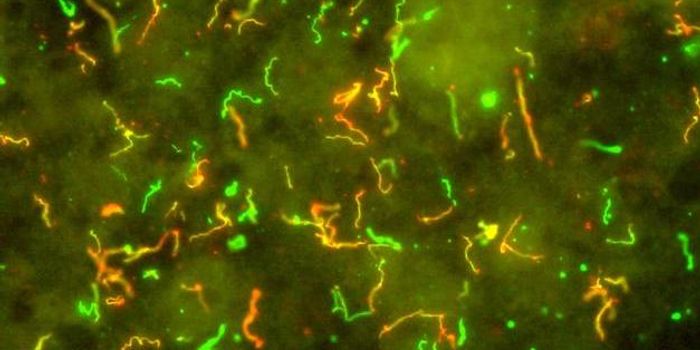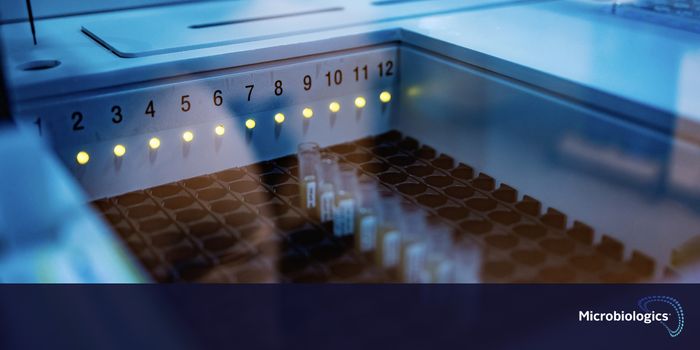
With C. elegans as the animal model, lead author Misty Riddle, a Ph.D. student in the Rothman Lab, used transcription factor ELT-7 to change the roundworm's pharynx cells into intestine cells in a single-step process. Every cell has the genetic potential to become any kind of cell. However, the cell's history and the signals it receives changes the transcription factors it contains and thus determines what kind of cell it will become. A transcription factor is a protein that causes genes to turn on.
"This discovery is quite surprising because it was previously thought that only early embryonic cells could be coaxed into changing their identity this readily," Riddle said. "The committed cells that we switched are completely remodeled and reprogrammed in every way that we tested."
Switching one cell type into another to replace lost or damaged tissue is a major focus of regenerative medicine. The stumbling block is that cells are very resistant to changing their identity once they've committed to a specific kind.
"Our discovery means it may become possible to create a tissue or organ of one type directly out of one of another type," says Joel Rothman, professor in UCSB's Department of Molecular, Cellular and Developmental Biology, who heads the lab.
Riddle and her colleagues challenged all C. elegans cells to make the switch to intestine, but only the pharynx cells were able to do so. "We asked skin cells, muscles, neurons to change but found that only the cells in the pharynx were able to transform," Riddle explained. "So this brings up some big questions. Why aren't other cells changing their identities? What is special about the cells in the pharynx that allow them to change their identity into intestine?
-
MAY 07, 2024Is It Anti-RNP or Anti-Sm/RNP?
-
MAY 08, 2024Expand your Multiomic Capabilities with RNAscope™
- See More
-
APR 30, 2024Immuno-Oncology Virtual Event Series 2024
-
MAY 07, 20243rd International Biosecurity Virtual Symposium
-
MAY 23, 2024For the Love of Digital PCR 2024
- See More

















































